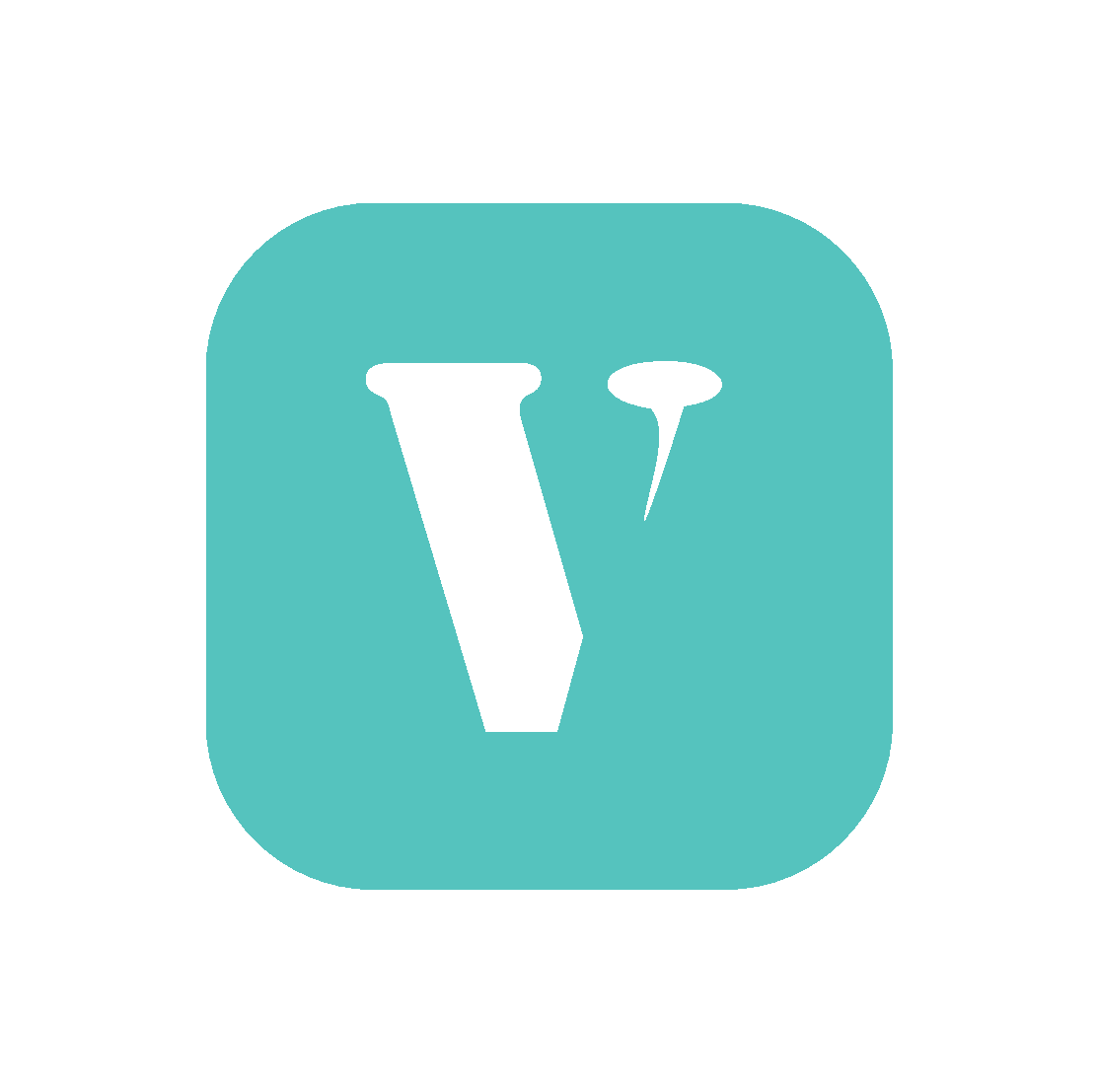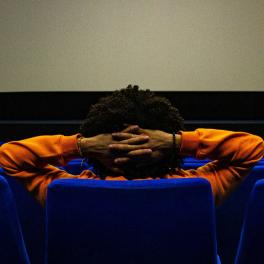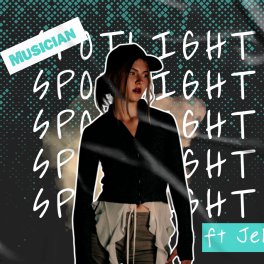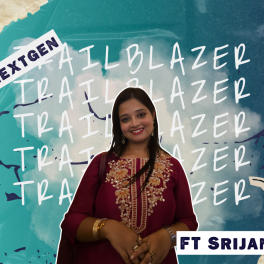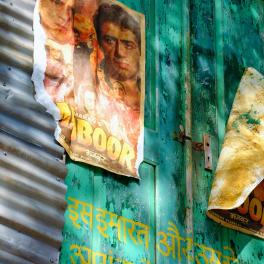
Up next in our Musician Spotlight is self-taught producer r5ne! He tells us all about how he got into music, his influences, and even his approach to making tracks. His unique sound is captivating to listen to – drawing you into a different world full of both intrigue and serenity. Whether you're an electronic music enthusiast or just starting out in production yourself, r5ne's story is a relatable and inspiring look at the early stages of a musical journey.

Hey r5ne, thank you for joining us today! We’re excited to learn more about you and your craft, shall we start with how you got started in music?
I first got introduced to music when I received a Casio keyboard and began taking piano lessons. I didn’t get too deep into classical training, but I loved learning pieces that really resonated with me, like Chopin's Raindrop Prelude. Even now, I play mostly by ear, so I often need to memorise songs rather than read the music. My first experience with a digital audio workspace came through GarageBand in my school’s weekly music lessons. Although music theory felt a bit dry, and I found the production constraints in my GCSEs a little limiting, I still found it fun to produce music. After passing my music exam, I got FL Studio and finally had the freedom to explore music production without boundaries. That’s when I really started to make my own music.
What influences your current style of music?
I’d say most of my style comes from the music I listen to. Even before I started producing, listening to music was my favourite thing to do. Back then, I had this one song I considered the best for years (Supernova by Xtrullor)—and I still love it today. Right now, my playlist has over 800 songs, and although some people have bigger collections, every one of those tracks is something I actually enjoy. I never organise my playlists by genre or mood, so I have super intense tracks right next to the most chill, ambient songs.
The other influence for music production comes from the games I play. A memorable game for me always has a soundtrack I resonate with and a strong atmosphere. Games like Hollow Knight, Risk of Rain, and Signalis all have soundtracks that inspire me. For instance, after playing through Signalis and listening to the music, Die Toteninsel Emptiness moved me enough that it directly inspired a track called Lass die Erinnerung enden. I also usually gravitate towards making music in a minor key (if it wasn’t obvious already haha) and in specific scales like the Persian scale (my favourite scale especially in E minor).

When you start a track, do you have a set approach, or do you prefer to explore and go with the flow?
It really depends. Some lucky days, I’ll just sit down, start producing, and end up with something that feels amazing and keeps me inspired for weeks. But for most of my tracks, there’s still some form of planning involved. Sometimes it starts with a specific inspiration, like a track I heard recently or a certain vibe from a game or film. I found that one of the best ways to get inspired is to attend (or at least watch live) DJ sets of some of the genres you love. My entire album Massive New Kicks was inspired by a 5 hour rave that I watched online (TANO*C TOUR 2024 TOKYO). Most hard dance music just sounds 10 times better when you’re at a live event with people around you enjoying the music just as much as you are. Other times, I’m working on a remix or collab, which gives me a structure to play around with and adapt or a friend to snowball ideas off of. The initial idea for a song is the hardest to make though, so it does get pretty frustrating when I’m suuuper motivated to make music but nothing is clicking for me.
What differences have you noticed when creating melodies and structures for a drum and bass (DnB) track in comparison to hardstyle?
Most of my songs have prevalent melodies even for genres such as drum and bass where a lot of the songs opt to focus on sound design rather than melodies. While I like a good melody I’m trying to have more of my songs not rely so heavily on them.
To answer the question, since each of the specified genres come from a different branch of dance music (drum and bass came from jungle while hardstyle came from hard techno) so the approaches vary quite a bit. Drum and bass doesn't focus much on melody compared to hardstyle, but when it is included, the melody is usually supplemented by bass or drums (as the name suggests), filling in missing sections without detracting from the rhythm.
This means when I make the melody for a drum and bass song I’ll usually make it in short plucks rather than long extended notes (though you can still use long notes but then the genre is called liquid DnB). The point of a melody in drum and bass isn’t to be catchy but provide development for the song at a certain point. It won’t be playing all the time and doesn’t have to be introduced at the beginning of a song, but will rather develop an existing drop section.
For hardstyle, the melody often takes up half the focus with the other half on the kick. Melodies typically start the song and return in the drop with a more aggressive synth. I try to make my hardstyle melodies simple yet catchy, often starting with making a chord progression as that helps with creating a varied melody rather than keeping it all in one key. I use long notes for the main focus of the melody with some short notes when bridging between chords.
As for the structure of each genre, while they both have buildups and drops, hardstyle benefits from a calm introduction and a buildup to create hype for the drop. Drum and bass, however, can sometimes skip the buildup and start with a fast-paced section, like a drum break.
In our initial chat, you told us that when in college your friend inspired you to get back into music, have you had any other collaborative projects or networked with other musicians that have influenced your work?
While I haven’t directly collaborated on a song with anyone apart from the friend mentioned, I have received feedback as well as remixed songs of other musicians that inspire me. As for interacting with producers I like, I find that it helps greatly to ask them for tips on producing or their thoughts on how to make certain genres. These people certainly have way more experience in music production and analysing how your favourite producer develops their ideas or mixes their drums can help with future songs.
You touched a bit on how different genres impact your process when producing your tracks, can you go into more detail about your approach to working on different genres?
While around half of the tracks I make start out without a predefined genre in mind, I often try making songs in a specific genre in order to experience the differences in working with various styles.
When working with jungle-based tracks (drum and bass, breakcore etc) I place heavy emphasis on the beat and spend a lot of time looking through samples or making my own breaks to find the perfect loop for my song. I also like to automate the drums with a triangle low pass to make the drums appear to fade in and out (as seen in both Drift Deluge and Fading). I really enjoy producing jungle as it is easy to start, as even a simple break and a melody can already start to sound good enough to where you can think of more things to add to the song.
When working on hard techno-based songs, (hardstyle, hardcore, psystyle) I find that I also focus on the drums of the song, however, the focus is on the individual kick of the beat rather than the arrangement. Each genre has its own distinct kicks which differentiate them and creating your own kick from scratch is one of the most fun things to do when producing.It is also important to maintain the energy and build on it which I enjoy. I found that when producing hard dance music, you either make the drop to a song and then find it very hard to make a good buildup for that drop, or make a great buildup and then are stuck on how to make the drop, which can be frustrating.
When producing more ambient songs I don’t really have a process to it, since by the very nature of the genre’s name, the ambience is subjective. When making it I focus on picking a good-sounding instrument or tastefully picked sound effects, however beyond that I simply make what flows naturally. I never really get stuck making ambient songs which makes them one of the most relaxing genres to make.
What are some of your long-term goals for your music production?
My main goal for music production is to master it to the point that when I have a vision about a song I want to make/an idea to develop, I can perfectly implement my thoughts into music in the software I use. There have been so many times when I’m listening to a song I’m making and have the next part thought out perfectly in my head but just don’t know how to translate my thoughts into music in the software. Overcoming this issue is definitely my most sought after goal. This ties in greatly with improving at music production: in order to convey my thoughts into music, I need to get better at making music, so of course that is also a big goal I have. While I’m not too concerned about having ‘my own style’ as long as I make music that I - and other people like, I’m glad to keep producing.
Another big goal is to collaborate with most of the artists I love. However I need to improve at music in order to collaborate with my favourite producers and make my dream song with them so this goal relies on the other.
You mentioned that you don’t have any upcoming tracks at the moment, does having breaks between projects help your creativity or do you prefer to stay in a consistent flow of producing?
Sometimes making one track will lead into making the next quite nicely, like how my latest track Anamnese is a sequel to the track released right before it Lass die Erinnerung enden which uses the same melody. Or in the case of making an album where you have a goal of making a certain number of songs to a certain theme or style. However with singles, they are less consistent and more random in how often I make them. While sometimes I do try to make music out of necessity and see what happens, I’d rather wait till I get inspiration to start making music leading to the unpredictable release times for my music.
With so many options available today, how do you approach spreading the word about your music?
I don’t really take any focus on spreading my music beyond simply uploading them on music streaming sites, as for me my main focus should be on improving my production skills for now. As long as there's one person enjoying my music, I’m satisfied and don’t feel the need to advertise. In the future once I feel the quality of my music has risen, I might take a more active approach to this in order to start collaborating with other artists and potentially play live at a DJ set, but for now I’ve decided to be passive in this regard.
It’s been lovely speaking to you today, we’ve learned so much about production and your influences, to wrap things. What's one piece of advice you’d give to someone just starting out in production that you wish you knew at the beginning of your journey?
My one tip to someone starting out producing music would be to not worry about how complicated your Digital Audio Workstation (DAW) is. Some of my favourite music ever made was in the form of sheet music for a piano, so just because there are so many features in DAWs doesn’t mean you have to use all of them perfectly when starting out. Focus on what you would like to add to your song right now, rather than what you could be adding.
Check out r5ne's work!
Listen to more of r5ne's tracks here:
Support Young Creators Like This One!
VoiceBox is a platform built to help young creators thrive. We believe that sharing thoughtful, high-quality content deserves pay even if your audience isn’t 100,000 strong.
But here's the thing: while you enjoy free content, our young contributors from all over the world are fairly compensated for their work. To keep this up, we need your help.
Will you join our community of supporters?
Your donation, no matter the size, makes a real difference. It allows us to:
- Compensate young creators for their work
- Maintain a safe, ad-free environment
- Continue providing high-quality, free content, including research reports and insights into youth issues
- Highlight youth voices and unique perspectives from cultures around the world
Your generosity fuels our mission! By supporting VoiceBox, you are directly supporting young people and showing that you value what they have to say.

